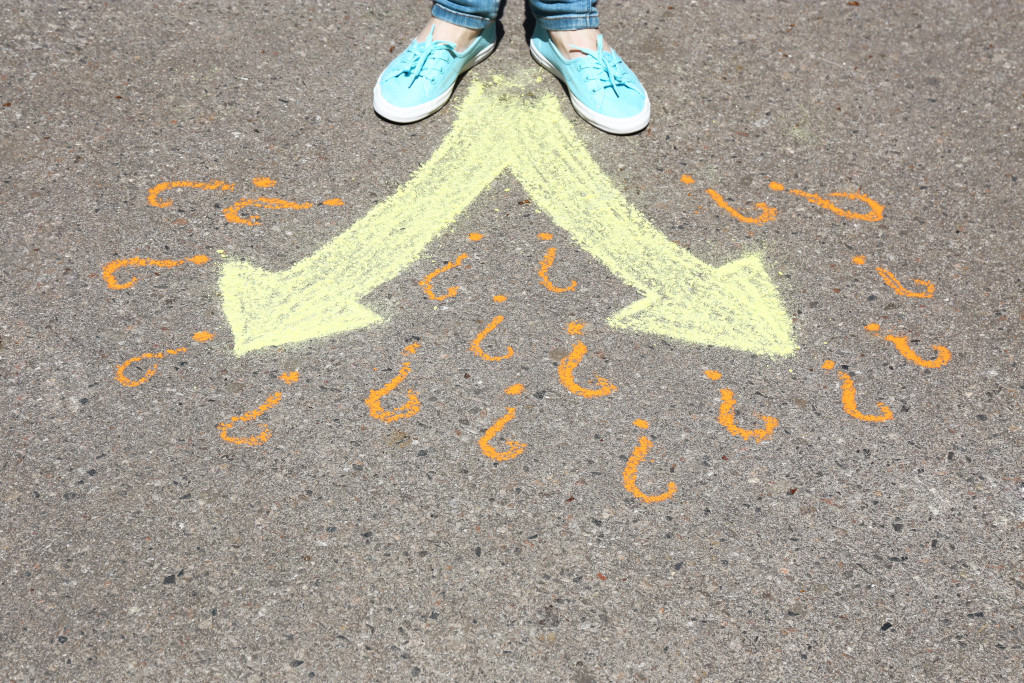“Statistics show that, in the U.S., 50% percent of first marriages, 67% of second, and 73% of third marriages end in divorce.” This is the old saw, but are these alarming numbers really accurate?
All argument aside, there is no question that divorce is rampant in today’s society. What many people don’t appreciate, at least until they are in the middle of it, is that the divorce process affects everyone… not just the parties, not just their kids (although it certainly affects them!), but also the parties’ employers, their kids’ grandparents, their neighbors, their children’s teachers… it affects everyone connected with the divorcing couple and their children. And a traditional divorce, in which one spouses SUES the other spouse for divorce, is just war from the get-go! No one learns anything when they go to court in the old-fashioned divorce process! So what other choice do we have?
Although all paths must end with a final judgment issued by a court dissolving the marriage, there are many ways to get to that result. One of those choices has only recently come into play; this is a method known as “the collaborative process” or “the collaborative divorce.” The collaborative process takes place over a series of meetings: 1) between each client and their neutral collaborative professionals; 2) between each client and his or her collaborative lawyer; and 3) of the full team of clients and professionals. No judge; no court. This is the heart of the collaborative divorce: if the parties give up on the process, if they throw in the towel and decide to file in court, their lawyers are off the case. Let me say that again: if they want to go to court, the clients MUST retain new lawyers.
Thus, the collaborative lawyers are completely focused on helping the parties reach agreement; they are not distracted by the need to gird themselves for battle. No lawyers “stirring the pot” or “churning the case.” A collaborative divorce teaches folks who engage in it to problem solve. It arms them with skills to work through problems in their future relationship with each other, as well as with others, and will better the society we all have to live in! You choose collaborative divorce because it’s not just about YOU!













